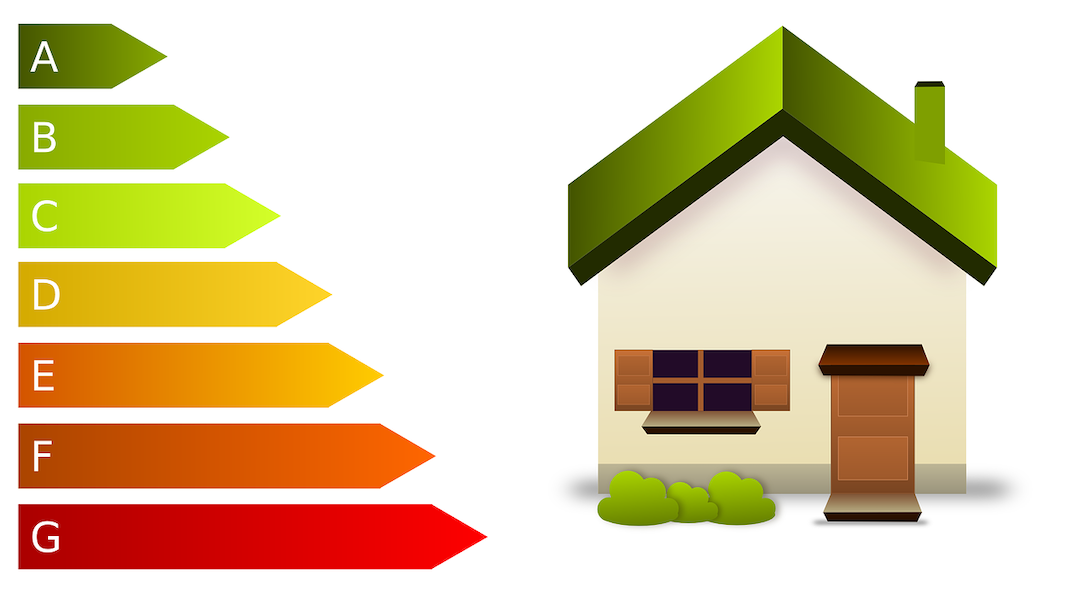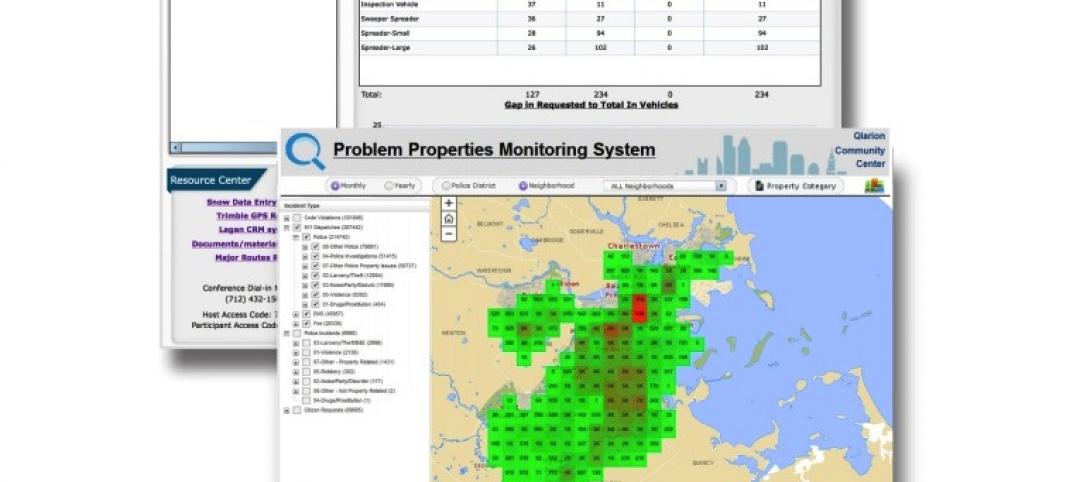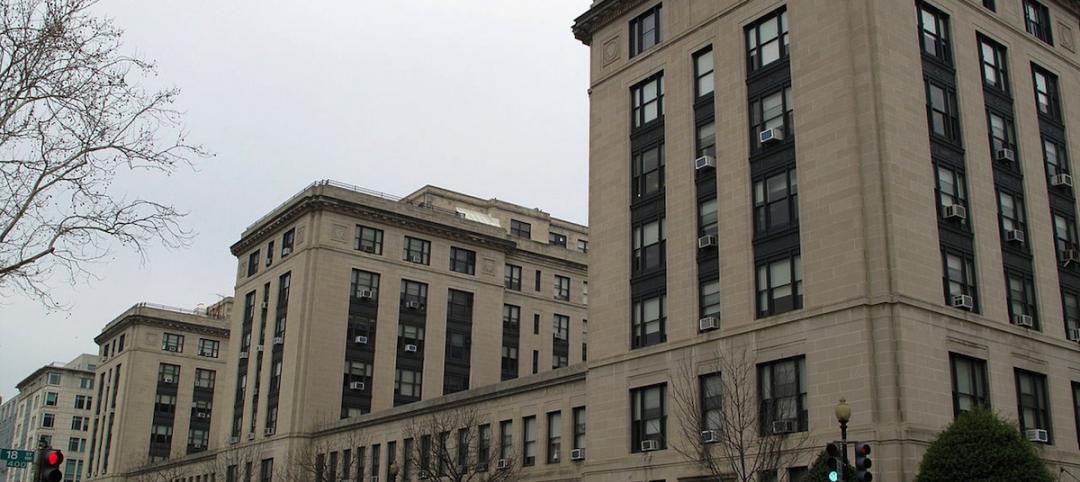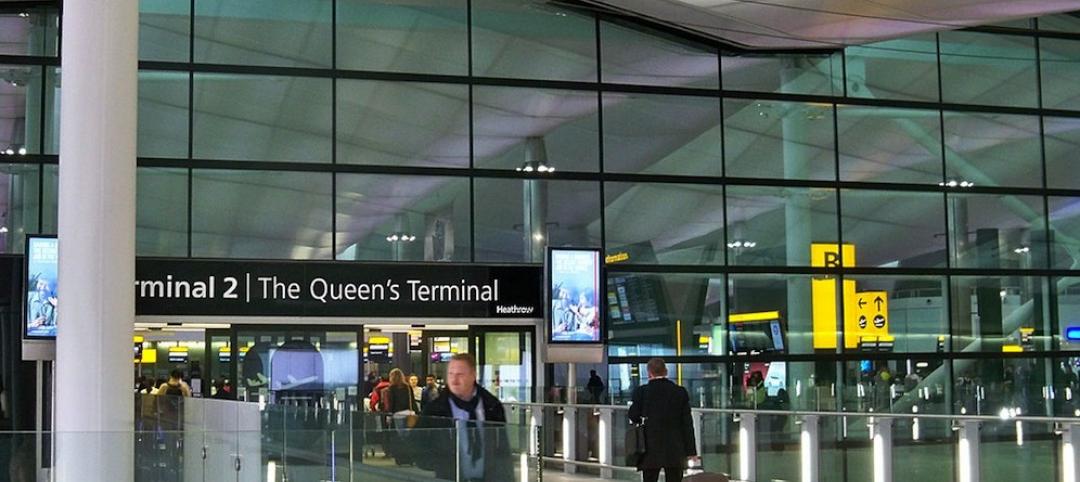Recent findings from the Better Buildings Partnership raise serious questions about the efficacy of energy efficiency ratings used in the United Kingdom.
The study found that buildings that have received the highest rating—an A Energy Performance Certificate—use more energy than some of their peers rated C, D, E, or F. The analysis of self-reported energy data in 2020 for more than 1,100 commercial properties found that the median energy intensity for all B-rated buildings is higher than for C-rated buildings.
The disparity between how buildings are designed and their actual greenhouse gas emissions is widespread in the U.K. The findings are in line with past evidence that green building certifications based on predicted energy use don’t necessarily translate to energy savings in the field.
Some studies have found that LEED certification yields better energy efficiency, but others have found that certified buildings use more energy than non-certified buildings. The U.S. Green Building Council maintains that its own research shows certified buildings are overall more efficient.
Part of the explanation for the disparity between ratings systems and real-world results could be due to the limitation of assessments that only predict potential energy efficiency. In practice, building management systems may not be set up or used properly. In addition, people sometimes undo the efficiency design by bringing fans into buildings or installing additional air conditioners.
Related Stories
| Dec 18, 2014
Boston testing mobile building permit tracking app
The app called Permit Finder could free city employees from having to respond to the 30 to 40 permit status-related calls they receive each week.
| Dec 18, 2014
Deal on 2015 budget slashes most federal construction spending
The $1.1 trillion funding bill for fiscal year 2015 approved by Congress makes deep cuts in some construction programs, but the General Services Administration suffered just a short haircut by comparison.
| Dec 11, 2014
Mayor backs reform of Pittsburgh inspection, permitting practices
The proposal, among other things, would impose a rental registration program and fee targeted at keeping better track of problem landlords.
| Dec 11, 2014
Los Angeles mayor proposes earthquake retrofit program
The ambitious program would focus on some apartment buildings built before 1978 and concrete buildings constructed before 1976.
| Dec 11, 2014
Outdated building code hampering recruitment of high-tech businesses in New York State
New York State’s building code is outdated and is hampering the recruitment of high-tech employers, according to a coalition of construction, fire safety, and insurance industry groups.
| Dec 11, 2014
Defense Authorization Act rejects BRAC for 2017
The House of Representatives has passed the $584.2 billion Defense Authorization Act.
| Dec 4, 2014
New airports raising green standards to new heights
Recent airport designs are bigger and much more efficient, based on a look at recent projects in Mexico City, London, and China.
| Dec 4, 2014
Rock Hill, S.C., puts moratorium on multifamily construction
City officials say the flurry of apartment construction over the past year has strained resources, including public services and infrastructure.
| Dec 4, 2014
Ontario contractors renew push for prompt payment legislation
A new coalition of Ontario contractors, construction associations, suppliers and trade unions will push for a revival of prompt payment legislation late this year.
| Dec 4, 2014
Roofing material manufacturers extend research project on sustainable roofing
A coalition of trade groups is sponsoring continued analysis of a reroofing project at the Onondaga County Correctional Facility in Jamesville, New York.














